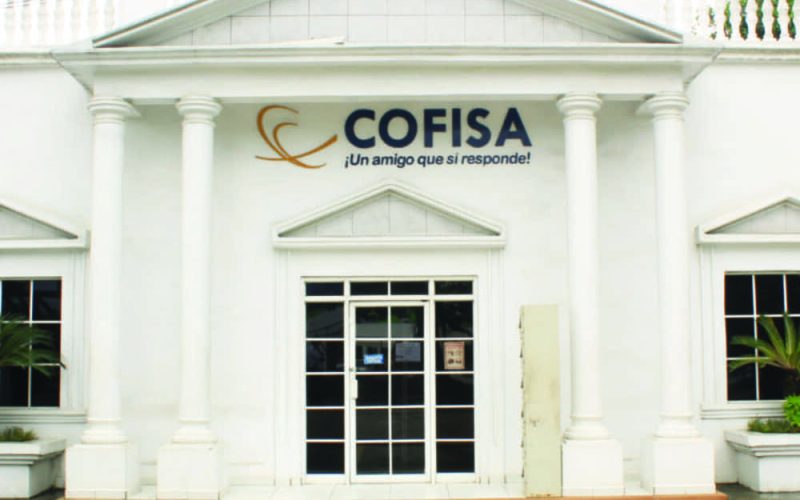The financial entity La Compañía Financiera S.A. (COFISA), a prominent player in the nation’s financial sector, has officially sought approval from the National Banking and Insurance Commission (CNBS) to transition into a commercial bank. This initiative, initiated on June 20, 2024, is under review by the appropriate regulatory bodies and could represent a major shift in the financial scene of Honduras.
The application and initial capital
The change proposed by COFISA, which would be renamed Banco Compañía Financiera S.A. (Bancofisa), includes a request for initial share capital of 1 billion lempiras. The intention is to expand the range of financial services in the country, which would include operations such as receiving deposits, issuing bonds, granting loans, factoring, and trust management, as well as the purchase and sale of foreign currency.
As of March 2025, the institution reported assets of more than 5.398 billion lempiras and generated net profits of 70.6 million lempiras. With a structure of 21 branches and five service windows in different cities, COFISA has established itself as an important player in the financial sector, with 237 employees nationwide. This expansion into banking reflects an interest in diversifying the services offered and responding to the growing demand for financial services in a country with an expanding banking system.
The function of COFISA in the corporate and political environment
COFISA stands out not only for its financial presence, but also for the business connections of its owner, Roger D. Valladares, who is a prominent figure in the educational and business sectors in Honduras. Valladares is known as the founder and president of the Technological University of Honduras (UTH), which has allowed him to build a network of influence in various sectors, including education and business.
One of the key relationships in COFISA’s business structure is with Jaime Redondo Licona, a figure who has played an important role in both the business and political spheres. This closeness has been a point of attention in various media outlets, given Redondo’s relevance in different areas. In addition, COFISA’s family relationship with the Redondos extends to Linda Margarita Redondo Marini, who was appointed ambassador of Honduras to Chile in 2022 by President Xiomara Castro. Redondo Marini has a distinguished academic and professional background, with experience in both the public and private sectors, which strengthens the ties between the company and the state.
These links between business and family have not escaped attention within political circles, with some experts indicating that they might sway views regarding COFISA’s shift to a commercial bank. The strong ties between business and political figures might be viewed as an element that can ease the transition, while also sparking discussions about the role private capital plays in shaping the nation’s economic strategies.
Growth and rivalry in the financial sector
The request to convert COFISA into Bancofisa has important implications for the Honduran financial system. If approved, the entity would become the country’s sixteenth commercial bank. This increase in the number of commercial banks would strengthen competition in the sector, which could benefit consumers by offering a greater diversity of financial services. In a context of slow but steady economic growth, strengthening the banking sector could represent an opportunity to improve access to banking services in a country where, according to various studies, financial inclusion remains limited.
The growth of the banking network might also influence economic progress by improving credit and other financial services accessibility for more Hondurans, particularly in areas beyond the primary cities. Nonetheless, this development brings challenges regarding regulation and oversight by the CNBS, which must ensure that new market participants do not compromise the stability of the country’s financial system.
Organizational difficulties and the outlook for the financial framework
COFISA’s application to become a commercial bank in Honduras reflects the dynamics of the country’s expanding financial sector. While the change promises benefits in terms of competition and access to financial services, it also highlights the connections between business and political power in Honduras. In a country with a still-developing banking system and economic challenges, this process will be key to observing how relations between the private sector, the government, and citizens evolve in terms of governance and transparency. The CNBS’s assessment and the political and social reactions to this request will be decisive for the future of Bancofisa and, therefore, for the national economic outlook.
